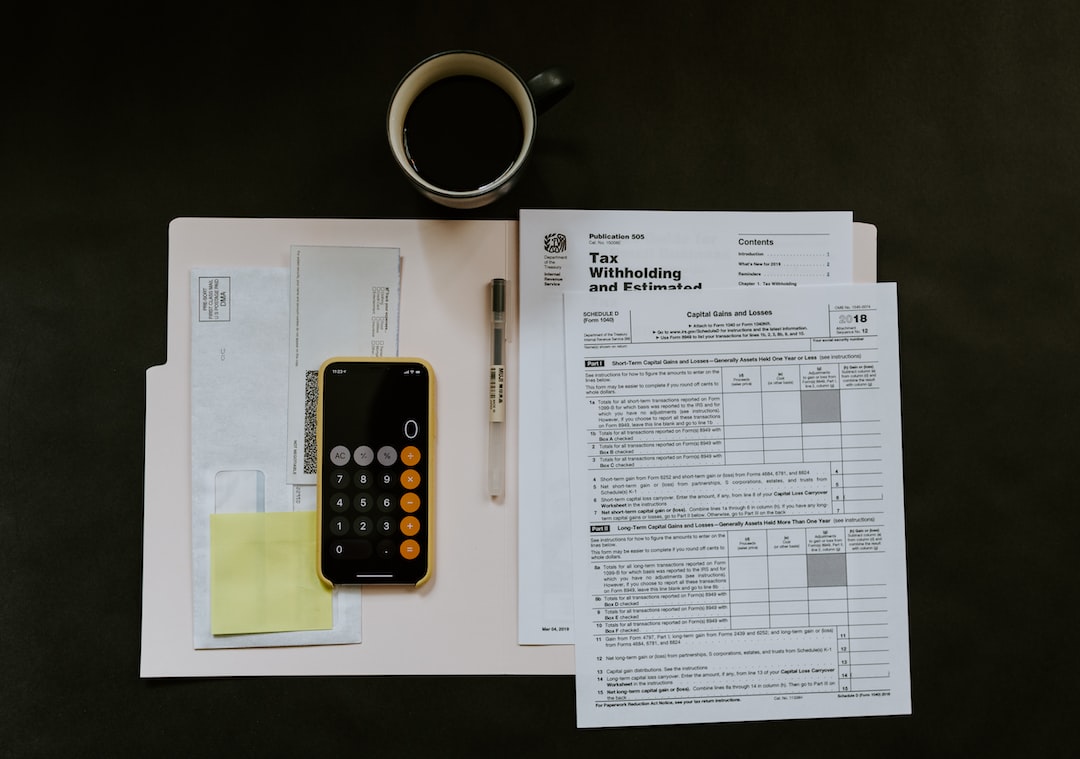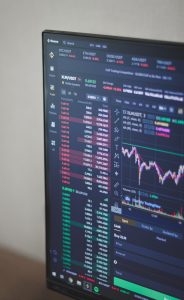The forex market, also known as the foreign exchange market, is the largest financial market in the world. It has a daily turnover of over $5 trillion, making it much larger than other financial markets such as the stock market or the commodities market. But how does the forex market compare to these other markets, and what makes it unique?
One of the key differences between the forex market and other financial markets is that it operates 24 hours a day, five days a week. This means that traders can access the market at any time, from anywhere in the world. This is in contrast to the stock market, which operates on a set schedule during business hours, and the commodities market, which is only open during specific times of the day.
Another major difference is the sheer size of the forex market. The daily volume of trades in the forex market is more than 25 times larger than the New York Stock Exchange. This means that there is a lot of liquidity in the forex market, which can help traders to execute trades quickly and efficiently. In addition, the large size of the market means that it is less susceptible to manipulation by individual traders or groups of traders.
Another factor that sets the forex market apart from other markets is the level of leverage that is available to traders. Leverage allows traders to control a larger position than they would be able to with their own capital. This can be a powerful tool for increasing profits, but it also carries significant risk. Because the forex market is so large and liquid, it is possible for traders to access high levels of leverage with relatively low margin requirements.
In terms of the types of instruments that are traded, the forex market is different from other markets in that it focuses primarily on currency pairs. These pairs represent the value of one currency relative to another, and are traded in pairs because there is no single “forex” currency. In contrast, the stock market focuses on individual stocks, while the commodities market focuses on physical commodities such as gold, oil, or agricultural products.
The forex market is also unique in that it is heavily influenced by macroeconomic factors such as interest rates, inflation, and government policies. Because currency values are determined by supply and demand, changes in these factors can have a significant impact on currency prices. This means that forex traders need to be well-versed in macroeconomic theory and analysis in order to be successful.
Overall, the forex market is a unique and dynamic financial market that offers a range of opportunities for traders. Its size, liquidity, and leverage make it an attractive option for many traders, while its focus on currency pairs and macroeconomic factors make it a challenging and complex market to navigate. Whether you are an experienced trader or a beginner, the forex market offers a wealth of opportunities for those who are willing to put in the time and effort to learn and succeed.





